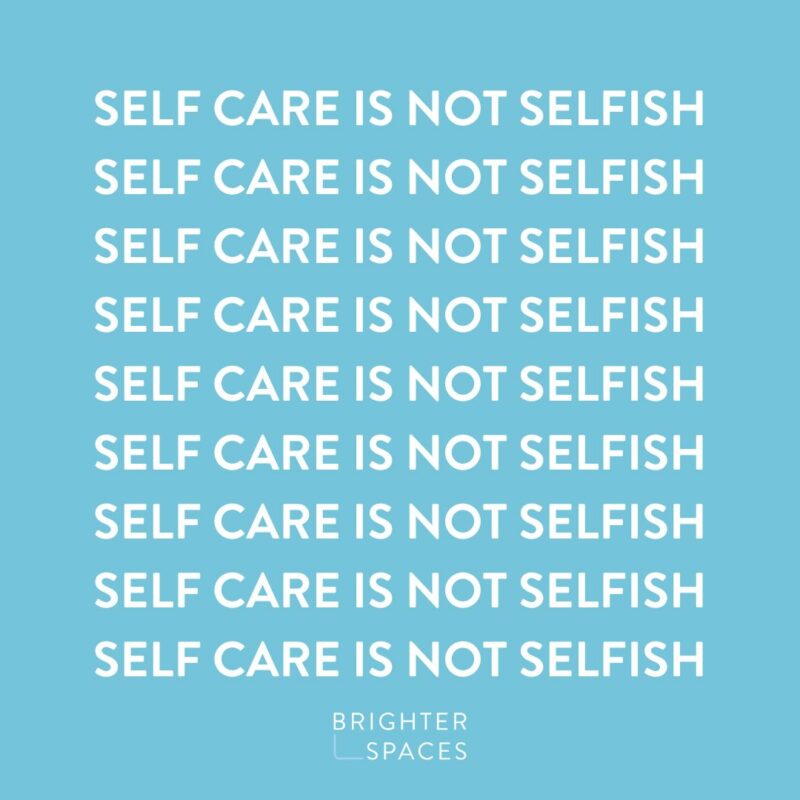
Burnout Prevention and Self-Care for Therapists
5th Sep 2024
Dedicating your lives to supporting others through their emotional and psychological struggles, therapists, by nature, are nurturers. However, the very essence of this work—holding space for others’ pain and healing—can lead to significant emotional and physical exhaustion, commonly known as burnout. Prevention of work burnout and practicing self-care is essential not only for therapists’ well-being but also for their effectiveness in helping others. How can therapists safeguard themselves against burnout and prioritize your own self-care?
Understanding Burnout
What is burnout? Burnout is a state of chronic physical and emotional exhaustion, often accompanied by feelings of cynicism and detachment from one’s work. For therapists, the risk of burnout is particularly high due to the emotionally demanding nature of your work. Due to prolonged exposure to clients’ traumas, burnout symptoms manifest themselves as fatigue, irritability, emotional exhaustion, decreased job satisfaction, and a sense of inefficacy, alongside a manifestation of anxiety in some cases. This coupled with the pressure to consistently provide empathetic care, can drain therapists’ emotional reserves.
The Importance of Self-Care
The approach to self-care has changed in recent years, rightly so, it is now deemed as not a luxury; it is a necessity. For therapists, self-care is the foundation that allows you to continue your work effectively. Self-care looks different for everybody but for therapists it involves maintaining a healthy work-life balance, setting boundaries, and engaging in activities that rejuvenate and nourish the mind, body, and spirit. Self-care practices help therapists manage stress, prevent burnout, and maintain a sense of well-being, which in turn enables you to be fully present for your clients.
Practical Strategies for Burnout Prevention
- Set Clear Boundaries: Setting clear boundaries between work and personal life is one of the most important steps in preventing burnout. This includes not taking work home, avoiding overbooking clients, and establishing firm limits on availability. Boundaries help therapists recharge and protect their personal time.
- Engage in Regular Supervision and Peer Support: Regular peer support groups can also be invaluable, offering a sense of community and shared understanding among colleagues facing similar challenges. Supervision provides therapists with a space to reflect on their work, receive guidance, and process difficult cases.
- Prioritise Physical Health: Physical health is closely tied to emotional well-being, regardless of job. Regular gentle exercise, a balanced diet, and adequate sleep are crucial for maintaining energy levels and reducing stress. Therapists should also consider practices such as yoga or mindfulness meditation, which can help manage stress, enhance emotional resilience and support emotional well-being. Remember, exercise can add additional stress onto the body, gentle exercise is key when in a period of burnout.
- Cultivate a Mindfulness Practice: Simple mindfulness exercises, such as deep breathing or body scans, can be incorporated into daily routines to manage stress. Mindfulness can help therapists stay grounded and present, reducing the risk of becoming overwhelmed by the emotional weight of their work. Apps are available to assist with mindfulness breathing as a guide.
- Schedule Regular Breaks and Holidays: Taking time off is essential for preventing burnout. Therapists should regularly schedule breaks during the day, as well as taking annual leave or going on holidays, to rest and recharge. Even short breaks can make a significant difference in reducing stress, cortisol and maintaining focus.
- Seek Personal Therapy: Receiving support for the challenges they face in their professional and personal lives, therapists, like their clients, can benefit from therapy. Personal therapy provides a space for therapists to explore their own emotions, gain insights into their own triggers.
To Conclude
Burnout is a real and pressing concern for therapists, whether you are a CBT therapist, a talking therapist, physiotherapist or any kind of therapist, by practicing intentional self-care and using proactive strategies, burnout is preventable. By prioritising your own well-being, therapists not only protect yourself from burnout but also enhance your capacity to support their clients effectively. The important thing to remember as a therapist is, your emotional well-being is the cornerstone of your practice—nurture it with the same care and compassion you extend to others.
We want to give you the space to thrive and become the best practitioner that you can be. If you would like to find out more contact us today.
